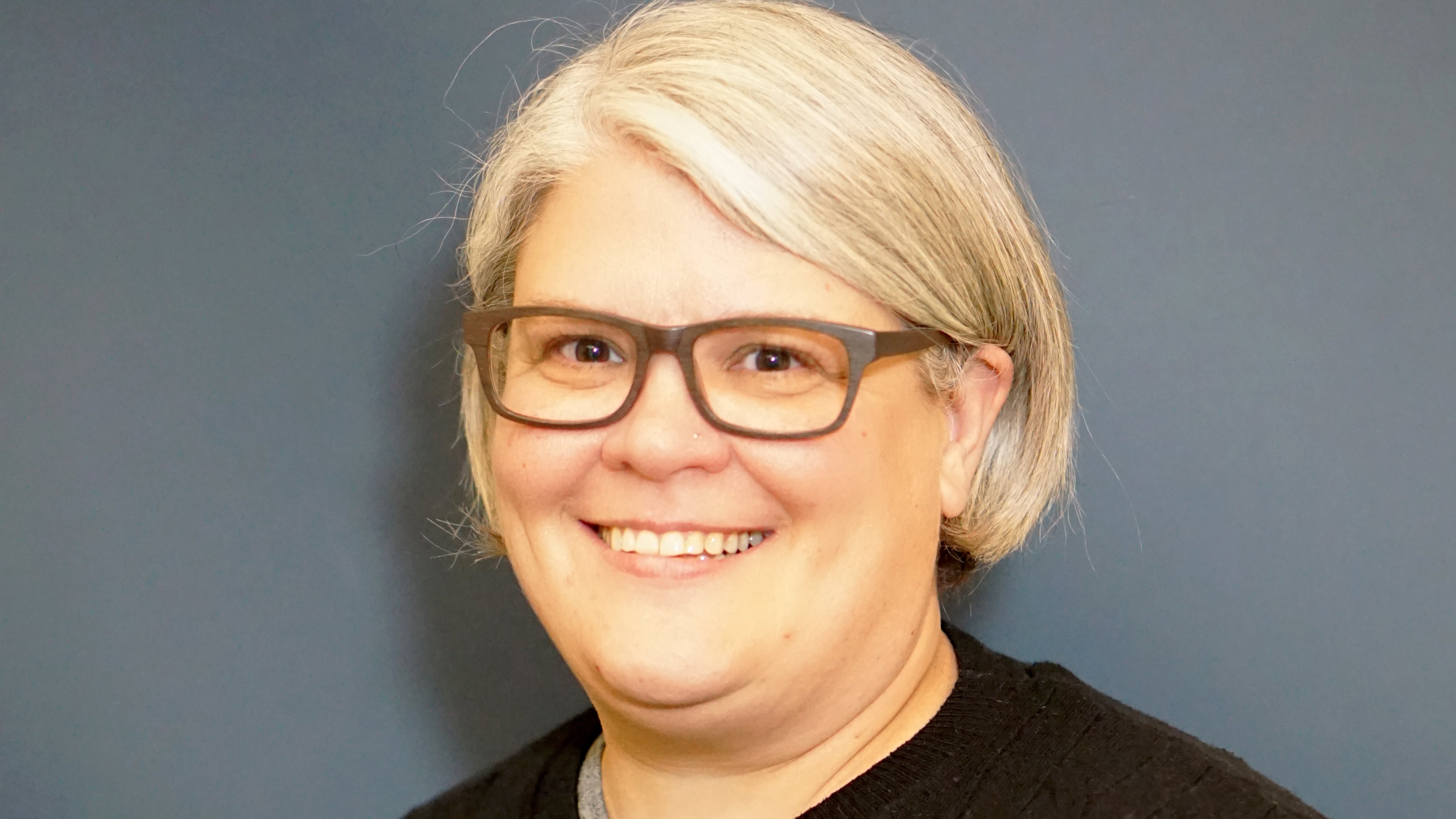An expert on the migratory habits of wealthy Americans told the Multnomah County Board of Commissioners there is little data to support Gov. Tina Kotek’s notion that high taxes prompt millionaires to move from high-tax states like Oregon to lower-tax states like Nevada.
Multnomah County Commissioner Meghan Moyer invited Cristobal Young, a professor at Cornell University, to address the board today during a meeting about the county’s Preschool for All program. Commissioners have come under increased pressure to amend the preschool tax since June, when Kotek warned that Multhomah County Chair Jessica Vega Pederson’s signature program appeared to be chasing wealthy residents out of the county.
Two weeks later, members of the state Senate Committee on Finance and Revenue sought to eliminate the tax with a last-minute amendment to an existing bill. The effort failed.
“As the nerd that I am, I like to go to the research,” Moyer said before introducing Young. “Hopefully, this will allow us to inform the Legislature’s thinking on the reality of the paradigm of ‘If you tax the rich, they will leave.’”
Before Young’s presentation, the board considered ways to ease the preschool tax burden by indexing it to the cost of living so that inflation alone doesn’t force middle-class taxpayers to stump up for a levy aimed at the rich. Multnomah County residents filing singly pay the 1.5% tax on any income above $125,000. For joint filers, the threshold is $200,000. There’s an additional 1.5% levy on taxable income over $250,000 for individuals and $400,000 for joint filers.
Young, who said he’s been studying millionaire migration for 15 years, said there is little evidence that rich people move for tax reasons. After studying returns from 1999 to 2011, Young determined that wealthy people are more of an “embedded elite,” reluctant to move from where they made it big, than “mobile millionaires” uprooting themselves to save on taxes.
“There really is no tendency for millionaires to live in low-tax states,” Young said. “As income increases, migration goes down. The more money you make, the less likely you are to move.”
Between 1999 and 2011, 165,000 millionaires moved, and just 20,000 of those moves were motivated by tax considerations, Young said. That’s enough to fill the “anecdote mill” of news stories about wealthy people leaving places to keep the moving myth alive.
Case in point, Young said, a reporter at The Wall Street Journal called him recently to ask about Lynsi Snyder, chief executive of In-N-Out Burger, moving from California, where her grandfather founded the chain, to Tennessee because, she said, doing business in California is “not easy.”
But moves in the opposite direction go unmentioned, Young said.
“When LeBron James moved from Ohio to California, there was never a Wall Street Journal article saying that LeBron wanted to pay a higher tax rate, so he moved to California,“ Young said. ”There tends to be a lot of selective thinking about that."
Moyer said she could have invited any number of tax-migration specialists to talk to the board, but Young has particular expertise in border regions between high- and low-tax states, like the Portland metro area, where low-tax Vancouver is just across the river.
Even in places like that, millionaires don’t cluster on the low-tax side of the border, Young said. The Portland metro region proves that. Most millionaires are south of the Columbia River.
After the presentation, Commissioner Shannon Singleton asked if fresher data would show greater millionaire migration. Young used returns through 2016 when he looked at the Portland metro area. The pandemic, a catalyst for remote work, came along four years later, she noted.
There was a “substantial spike in out-migration of top income earners from high-tax states” during the pandemic, Young said in response, but by 2023, the numbers returned to normal.
In policy terms, rich people are the wrong focus, Young said, because they aren’t highly mobile. Young people on track to become rich are mobile, he said, and cities should seek to attract them before they put down roots.
“There should be a focus on attracting and retaining people at the beginning of their careers,” Young said. “I think you do that by investing in quality of life, urban amenities, child care, good schools, supports for young families.”

